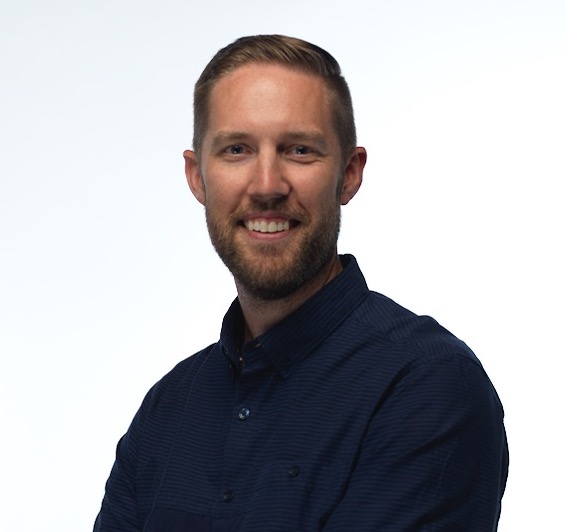Topics in Social Work Ethics: Technology, Teammates, and Treatment
Dates: March 15, 2024
Meets: F from 9:00 AM to 11:30 AM
Location: ONLINE - Live
COURSE: $49.00
Sorry, we are no longer accepting registrations for this course. Please contact our office to find out if it will be rescheduled, or if alternative classes are available.
You will receive 2.5 Ethics CE credits for attending this course.
The first part of this workshop takes place on February 16th for an additional 2.5 CE credits, totaling 5 CE credits for attending both. Attending both workshops is not required to receive 2.5 CE credits.
In this session, social workers will explore the evolving landscape of ethical considerations brought about by technological advancements, including artificial intelligence. Participants will gain insights into maintaining ethical standards while harnessing the potential of technology, collaborating effectively within interdisciplinary teams, and delivering ethical and effective treatment to diverse populations.
Objectives:
- Navigate ethical complexities in the digital age.
- Foster ethical collaboration within interdisciplinary teams.
- Gain deeper understanding of the ethical considerations in providing treatment to diverse populations.
Notes:
SWCE Policies
Payment & Registration
- Payment is due upon registration. If a participant registers for a course and has not paid the registration fee, we will send a reminder email to pay the fee. If there is no response and the fee has not been paid within 7 days, the participant will be dropped from the course and may re-register and pay if space is available. This policy is to ensure equitable access to courses that have high demand and long waitlists.
- Registration Deadline: Three days prior to the program by 5pm.
- Waitlist Policy: Our social work programs, excluding the DHHS programs, may fill up due to interest in the content. If the course becomes full, we will have a limited wait list. Those who get on a wait list for a course, you will be notified as soon as possible if a seat becomes available and payment must be made upon enrollment. When the typical registration period ends two days prior to the begin date, all those on the list will be notified we can no longer accept people into the class.
Cancellations:
- Participants may cancel their registration at any time by calling our office at 616-331-7180 or emailing learn@gvsu.edu. Participants seeking a refund must cancel their registration at least 48 hours prior to the program. You may either receive a full refund back on your card, or we can place a credit on your account for a future program. Refund requests received within 48 hours of the program are not eligible for a refund. If GVSU needs to cancel the event, participants will receive a full refund.
Social Work Continuing Education Credits:
- Participants seeking Social Work Continuing Education credits will need to arrive by the start time of the program, and must stay until the end. Partial credit will not be awarded.
- Participants must complete the post-event evaluation to receive SWCE credit.
- Certificates will be emailed to participants 1-2 business days after the program. Participants who have not received their certificate (and it is not in their spam/junk folder) should email learn@gvsu.edu.
- Grand Valley State University School of Social Work, an accredited social work education program, is authorized by Administrative Rule 338.2965 to award Michigan social work continuing education contact hours.
| Fee: | $49.00 |
|---|---|
| Hours: | 2.50 |
| CEUs: | 2.50 |
Fee Breakdown
| Category | Description | Amount |
|---|---|---|
| Fee | COURSE | $ 49.00 |
| Fee-Alternate | GVSU Field Education Supervisor | $ 36.00 |
| Fee-Alternate | GVSU Faculty/Staff | $ 15.00 |
ONLINE - Live
The Zoom link for the course will be emailed to you three days prior to the event.Joshua Bishop

Joshua has worked in human services for nearly 20 years. His clinical experience is in trauma treatment, congregational social work, and youthwork. He is trained in three evidence-based practices for trauma treatment: CPT for PTSD, Accelerated Resolution Therapy, and Trauma-Focused CBT. His quantitative research interests are generosity, volunteerism, adverse childhood experiences, trauma education, and trauma treatment.
Education:
MSW Michigan State University (2013)
PhD Michigan State University (2019)


